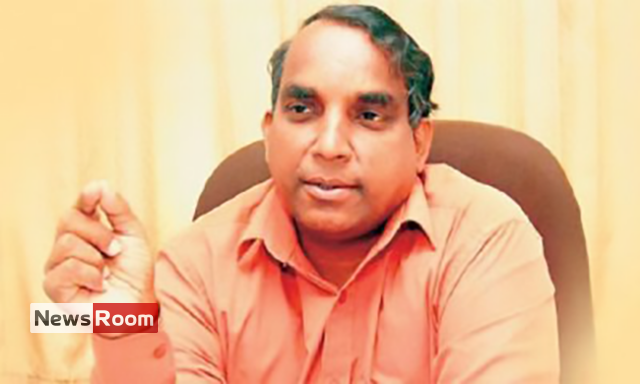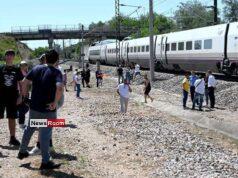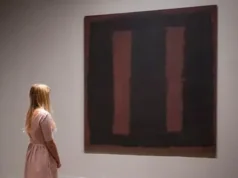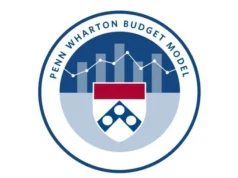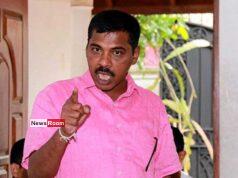By Rathindra Kuruwita
The Constitutional Council (CC) is responsible for creating a legal framework to ensure that independent commissions are financially independent, but even after 20 years the CC has not done this, says Executive Director of People’s Action for Free & Fair Elections (PAFFREL) Rohana Hettiarachchi .
Hettiarachchi told the media yesterday in Colombo that the public’s interest in democracy had dropped because there had been no elections.
The Election Commission had been appointed to ensure free and fair elections, but there were issues concerning the way the commissioners were appointed, Hettiarchchi said. “Some political interventions are subtle but they adversely affect the independence of the Commission.”
The PAFFREL Executive Director said that there was no legal or social guarantee for real independence of the commissions. The Constitutional Council needed to ensure a legislative framework to guard the elections commission from manipulation, but it had not evinced any interest in doing so, he said.
“Sri Lanka’s Elections Commission is not financially independent. It cannot access the money the parliament allocated for elections in 2023. According to the Constitution, the Executive must assist in holding elections. But the Executive can postpone elections according to his or her whims and fancies. We saw that a few months ago when the commission failed to hold local government polls.”
President Ranil Wickremesinghe had made it very clear that he did not want to hold a local council election, Hettiarachchi said.
“We need an electoral map. If we look at our electoral history, our presidents have changed the electoral map the way they wanted. They have held elections on a staggered basis, they have postponed elections and they have held early elections. All this was done for political expediency. However, in the past the voter had the chance to go to the polling centre and vote. Now, this right has been taken away,” Hettiarachchi said.
According to the CConstitution, to become Sri Lanka’s President, a candidate needs to get at least one more vote than 50 percent of the total valid vote. If a candidate fails to get this, the second preference will be counted. However, the political spectrum is scattered this time and there is a possibility that no candidate would obtain one more vote than 50 percent of the total valid vote, the PAFFREL Executive Director said.

